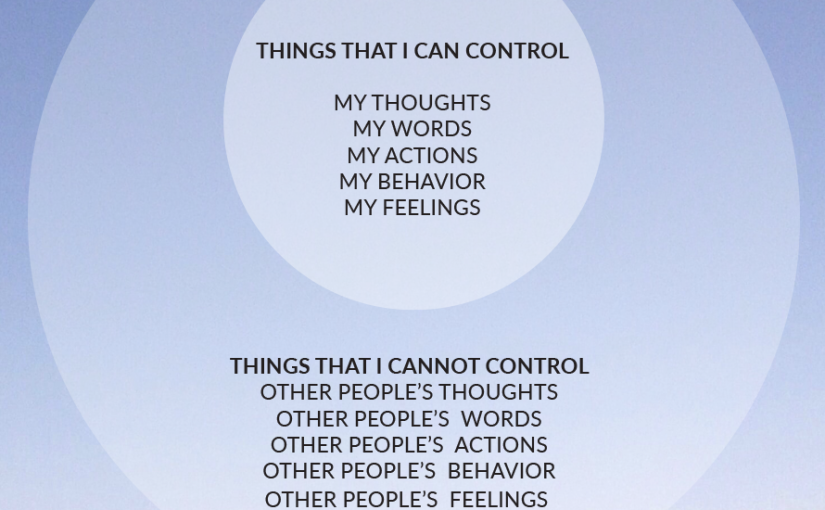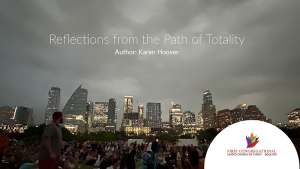Listen to this week’s Devotional here.
Author: Martha Palmer
Thou hypocrite, first cast out the beam out of thine own eye; and then shalt thou see clearly to cast out the mote out of thy brother’s eye. Matthew 7:5 KJV.
Western culture seems to revere the notion of control. Americans in particular are fans of self-help advice encouraging the idea of “taking control of your life.” We especially admire the “self-made person” who supposedly pulled themselves up by their bootstraps and carved a lucrative destiny out of impoverished beginnings. Yet many self-proclaimed “self-made” persons actually had substantial assistance, and these days it seems harder and harder for anyone to achieve that longed for upward mobility.
The pandemic and subsequent lockdown seriously exacerbated the difficulty. Our American government sometimes seems to be trying to control the entire world – attempting to influence regime changes or using money and aid to sway decisions of foreign governments. At first, they may seem to have achieved their goals only to often see things go awry quickly, as in the economic sanctions on Russia. Rabbie Burns spoke wisely when he said: “The best laid schemes o’ mice an’ men / Gang aft a-gley.” (often go awry) in To a Mouse. It has been especially trying for parents to watch the impact of the pandemic and subsequent economic woes on young people and their efforts to establish careers, with all the major disruptions to plans for both education and employment opportunities. We want so much to control how they respond. It is very tempting to offer advice, to attempt to step in and take over in hopes of steering their ship to safer shores. Yet, we as parents have no more real control over a young adult’s decisions than the U.S. has over the decisions of other countries.
It is perhaps wiser to acknowledge our powerlessness, as in the first step of the Twelve Step program. The only things we can really control are our own thoughts and actions, not anyone else’s. As Joan Piillen says, “We can’t always choose our situation, but we can always choose who we want to be in that situation.” We want to be encouraging, supportive listeners, exhibiting confidence that the young person is more than capable of steering their own ship to their chosen shore. Having faith in them, and in God, may be the best help we can give.
In the words of the Serenity Prayer, Dear Lord, please grant me the serenity to accept the things I cannot change, the courage to change the things I can, and the wisdom to know the difference. Especially grant me the wisdom!



